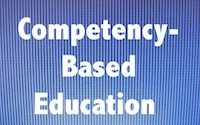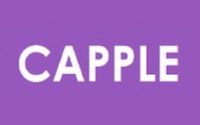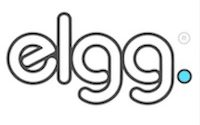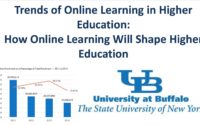
Interests-in-motion in an informal, media-rich learning setting
Much of the literature related to connected learning approaches youth interests as fixed on specific disciplines or activities (e.g. STEM, music production, or game design). As such, mentors design youth-focused programs to serve those interests. Through a micro-ethnographic analysis of two youth’s Minecraft-centered gameplay in a public library, this article makes two primary contributions to […]














